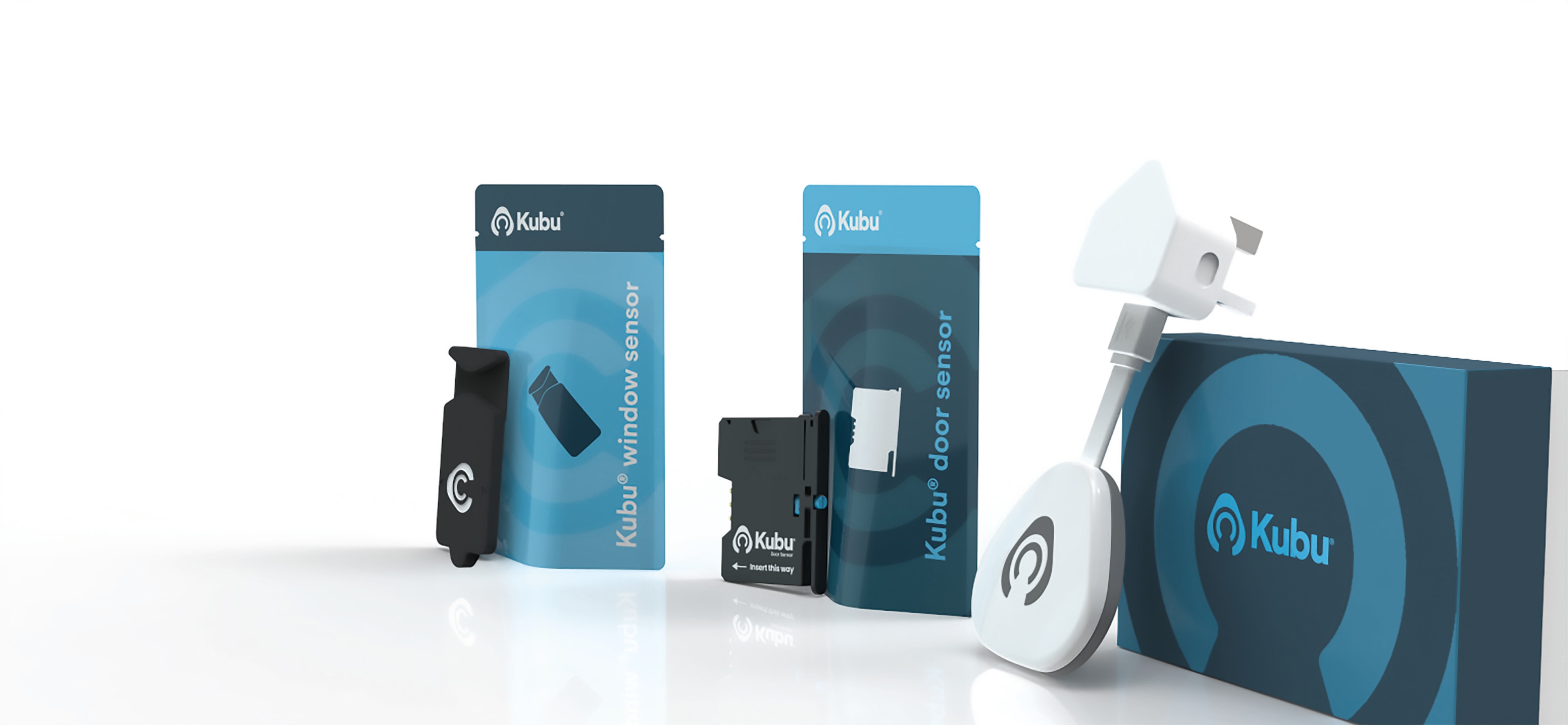How to Make Your Home Safer
Home is where we feel most secure, but is your home really as safe as it could be? Whether you’re protecting your loved ones, your belongings, or just your peace of mind, improving home security is one of the most important things you can do.
From deterring intruders to preventing accidents, this blog will walk you through practical, affordable, and effective ways to make your home safer, starting today.
1. Reinforce Your Doors and Entry Points
Your front door is the first line of defense for your home. It’s also one of the most common entry points for burglars.
Tips to secure your doors:
- Install a solid-core or metal door for added strength.
- Use a deadbolt lock and reinforce the strike plate with long screws.
- Add a video doorbell or peephole so you can see who’s there without opening the door.
Don’t forget your back door
Many homeowners overlook rear entrances and patio doors, these are often targeted by intruders because they’re less visible. That brings us to one of the most overlooked safety upgrades…
2. Install Security Glass in Windows and Doors
One of the easiest ways intruders break in? Smashing a glass panel in a door or large window. Regular glass is vulnerable to impact, but security glass is built to stand its ground.
What is security glass?
Security glass is a toughened or laminated glazing system that’s specifically engineered to resist breakage. Even if it cracks under extreme force, it’s designed to hold its shape and stay intact, preventing easy entry.
Why it matters:
- Intruders often look for the path of least resistance. If they can’t smash their way through a glass door, they’ll often give up and move on.
- Security glass can be laminated, meaning it has a plastic interlayer that holds the glass together, even when broken.
- It’s ideal for glass doors, sidelights, and large windows, where break-ins are more likely.
- It also adds an extra layer of protection during storms or accidental impacts.
Whether you’re building new or upgrading existing doors and windows, switching to security glass is a powerful step toward a safer home.
3. Light Up Your Property
A well-lit home is a safer home. Intruders are far less likely to approach a house that’s bright and visible.
Install smart lighting:
- Motion-activated lights near entrances and driveways
- Outdoor security lights to guide guests and deter trespassers
- Smart lighting systems that you can control remotely or set on timers
Don’t forget indoor lighting, having lights on when you’re away gives the impression that someone’s home.
4. Install a Home Security System
Modern security systems go beyond alarms, they offer full control, monitoring, and even video footage right from your phone.
Benefits:
- 24/7 monitoring and alerts for unusual activity
- Live video feeds from security cameras
- Integration with smart locks, doorbells, and sensors
- Emergency response features in case of break-ins or fire
If you are thinking about upgrading your windows and doors, look for a supplier who can offer additional layers of security such as Kubu, offered as standard from manufacturers Trade Window Centre.

5. Childproof Your Home
Home safety isn’t just about intruders, it’s also about everyday hazards, especially if you have kids.
Childproofing tips:
- Install outlet covers and cabinet locks
- Use baby gates near stairs
- Anchor heavy furniture to the wall
- Keep cleaning products and medications out of reach
Simple changes can help prevent accidents before they happen.
6. Prevent Falls and Accidents
Accidents in the home are more common than you think. Falls, especially, can be serious for children and elderly residents.
Preventative steps:
- Use non-slip mats in bathrooms and kitchens
- Keep hallways and stairs clutter-free
- Install handrails and grab bars where needed
- Make sure all rooms are well-lit
Sometimes, a small fix, like taping down a rug or replacing a bulb, can prevent a major injury.
7. Prepare for Emergencies
Emergency preparedness is a key part of home safety, especially if you live in an area prone to storms, flooding, or power outages.
Prep list:
- Create a home emergency kit with water, non-perishable food, flashlights, batteries, and first aid supplies
- Know how to shut off gas, water, and electricity
- Store important documents in a fireproof safe
- Have a list of emergency contacts readily available
It’s easy to ignore emergency planning, until you need it. Being prepared can make all the difference.
8. Keep Up with Home Maintenance
Routine maintenance might not seem like a safety issue, but small problems can quickly turn into serious risks.
What to check regularly:
- Smoke alarm and security system batteries
- Roof and gutter condition
- Cracks in windows or foundation
- Dryer vents (to prevent fire)
- Water leaks or signs of mould
Set reminders every season to do a quick safety walk-through of your home.
Final Thoughts
Your home should be a place where you feel completely at ease. And while no property can be 100% secure, taking simple, proactive steps can dramatically improve your home’s safety physically, digitally, and emotionally.
From installing security glass that resists break-ins, to reinforcing doors, improving lighting, and childproofing your space, every improvement you make adds another layer of protection. Start small, stay consistent, and don’t wait for something to go wrong to take action. Because when it comes to safety, prevention is always better than reaction.
Here at UKO Glass we offer a range of different glass options to help make your home safer, from toughened glass to laminated glass, we take every measure to ensure that your space has extra security to keep you and your family safe. Interested in finding out more? Speak to our team on 01422 861116.
